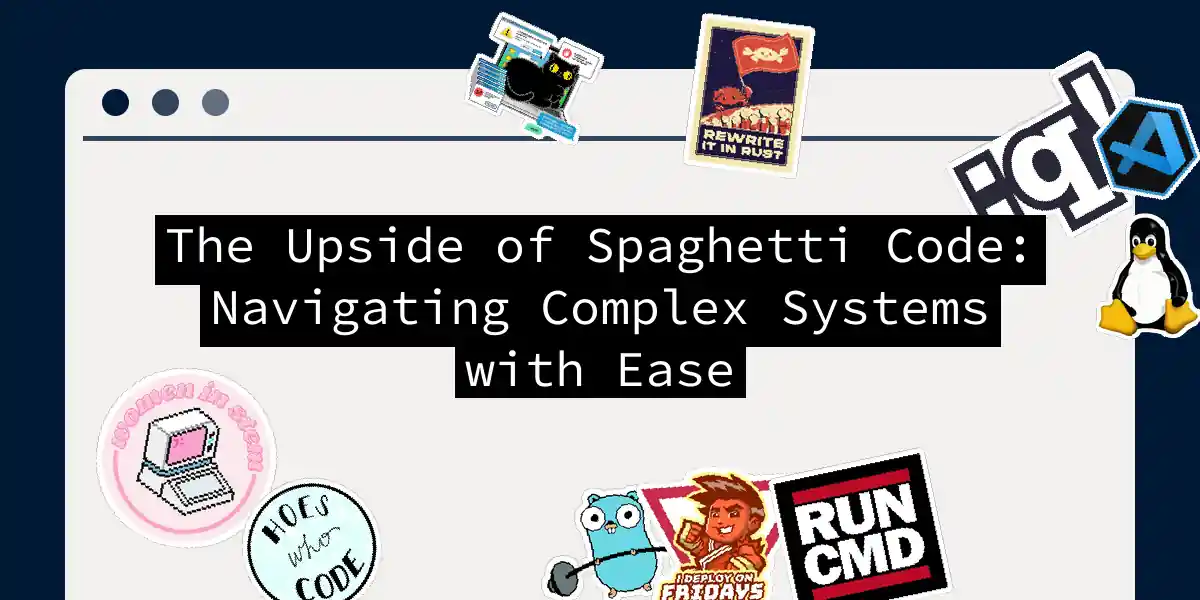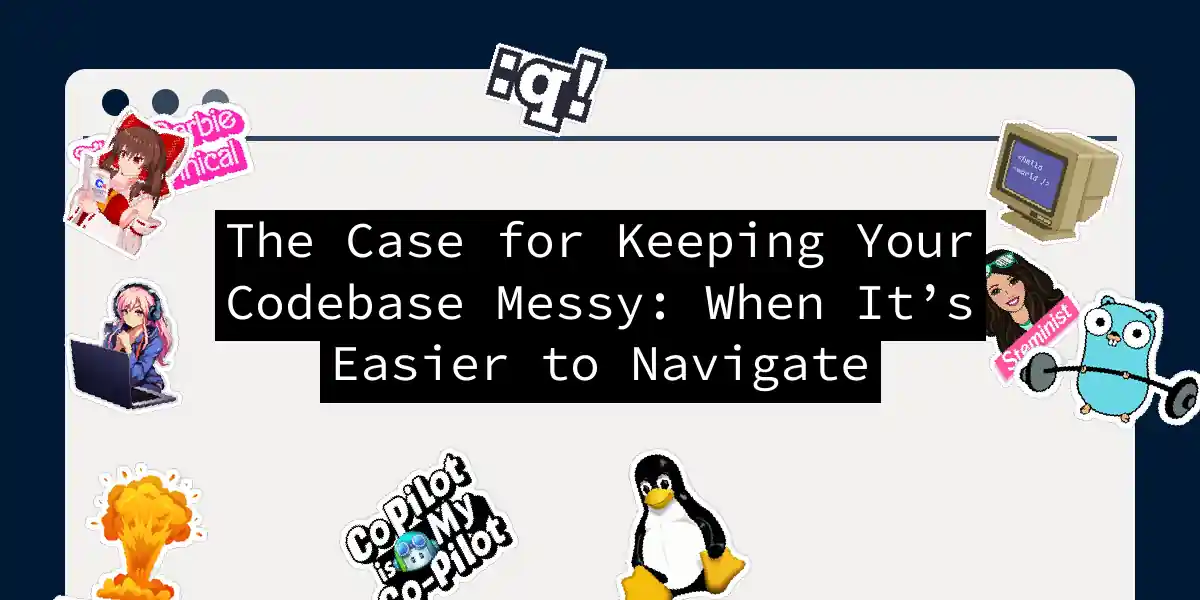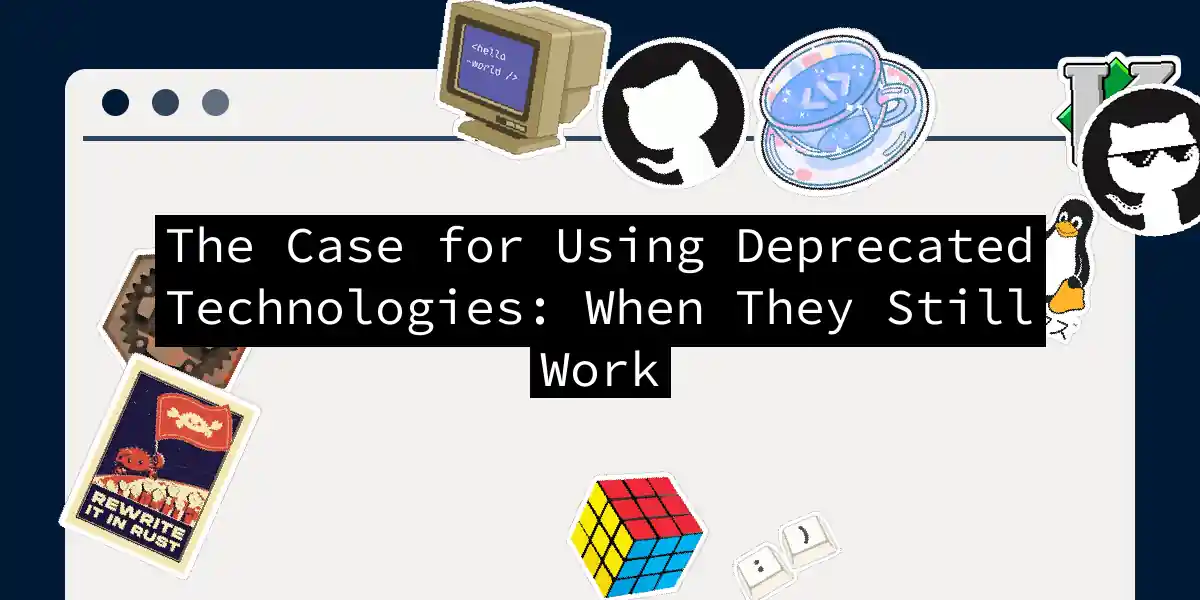
The Upside of Spaghetti Code: Navigating Complex Systems with Ease
Embracing the Beautiful Mess We’ve all been there – staring at a codebase where function calls twist like fusilli, conditional statements loop like rigatoni, and class dependencies form a deliciously chaotic lasagna. While “spaghetti code” is universally maligned as a software anti-pattern, I’ve discovered unexpected advantages in these tangled code noodles when approached with the right mindset. After all, isn’t complexity just simplicity waiting to be understood? Let’s unpack why your plate of spaghetti might be more nutritious than you think....



